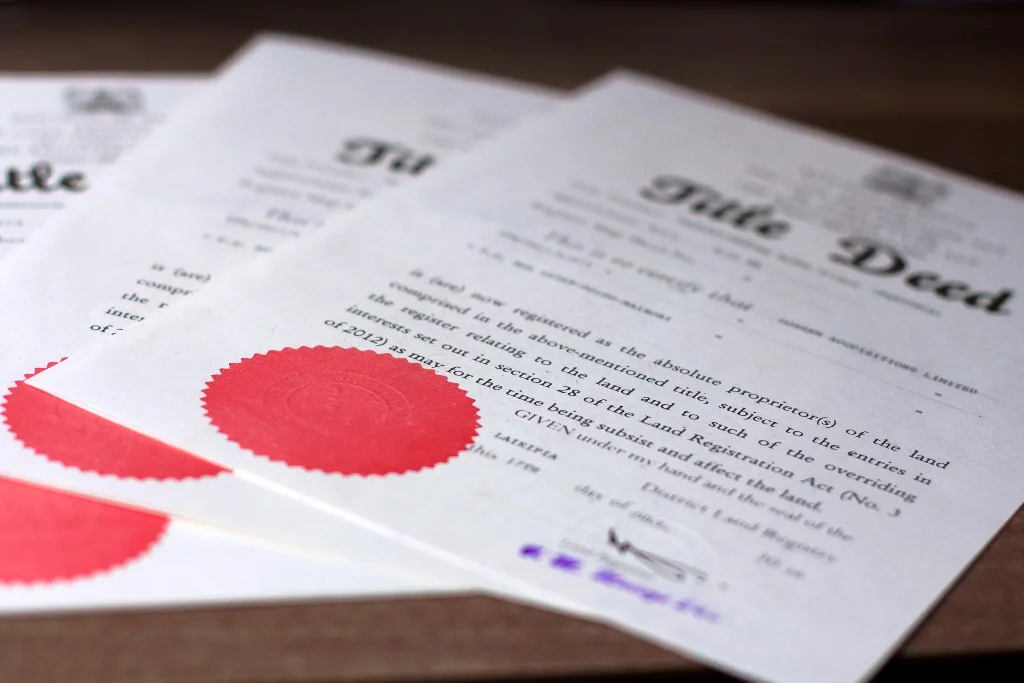By Mdadisi Mmoja
A scathing report by the Office of the United States Trade Representative has placed endemic corruption at the centre of why American companies are increasingly steering clear of doing business in Kenya. The 2025 National Trade Estimate Report on Foreign Trade Barriers, released under the President’s Trade Agreements Programme, highlights persistent claims by US firms of being edged out by foreign competitors who disregard legal frameworks and engage in bribery with impunity.
“Corruption remains a substantial barrier to doing business in Kenya. US firms continue to report challenges competing against foreign firms that are willing to ignore legal standards or engage in bribery and other forms of corruption,” the report reads.
According to the report, corruption continues to infect government procurement processes at both the national and county levels, with the Kenyan Government consistently failing to enforce its own anti-corruption statutes.
It further states that US companies frequently encounter both direct and indirect solicitations for bribes from officials operating at multiple levels of government. In consequence, these companies have faced limited success in securing public tenders—most of which, the report says, are not awarded transparently or on merit.
“Tenders are often not announced in a timely and transparent manner. Foreign firms, some without proven track records, have won government contracts when partnered with well-connected Kenyan firms or individuals,” the report notes.
While the Kenyan Government insists that all procurement must be processed through the Integrated Financial Management Information System (IFMIS), the report raises serious concerns over its operational integrity. These include weak internet connectivity in county offices, inadequate technical capacity, unexplained central shutdowns, and major cybersecurity vulnerabilities, all of which have allegedly left the system open to manipulation and hacking.
Compounding these barriers is Kenya’s restrictive land ownership regime. Under the 2010 Constitution, foreign nationals are barred from holding freehold titles and are only eligible for leasehold arrangements of up to 99 years. Although procedures for acquiring leasehold titles for developed land are fairly established, the report condemns the process for undeveloped plots as “opaque and unreliable.”
“For undeveloped land, investors risk receiving fake title deeds or leasing a plot with multiple titles and unauthorised sales,” it warns.
Kenya’s exclusion from the WTO Agreement on Government Procurement (GPA) and its failure even to attain observer status further compound concerns, especially for firms seeking fair competition and transparency in public contracting.
The publication of the report comes at a politically charged moment, coinciding with former US President Donald Trump’s announcement of sweeping reciprocal tariffs targeting over 100 countries, including Kenya. Imports from Kenya to the United States will now face a 10 per cent duty as part of broader efforts to redress America’s trade deficit and respond to what the administration deems “non-trade barriers”, often described as domestic regulations that disadvantage American businesses.
Although President Trump has temporarily paused some of the measures for 90 days amidst market instability, the report underscores a growing US scepticism toward Kenya’s business environment.
Other regulatory and non-regulatory obstacles flagged include arbitrary licensing requirements, inconsistent enforcement of tax and labour laws, and unpredictable judicial outcomes, many of which appear to disproportionately affect American investors.
As Kenya continues to court foreign investment, particularly from Western allies, the revelations in this report may force a reckoning: one in which transparency, rule of law, and institutional reform can no longer be treated as optional.





